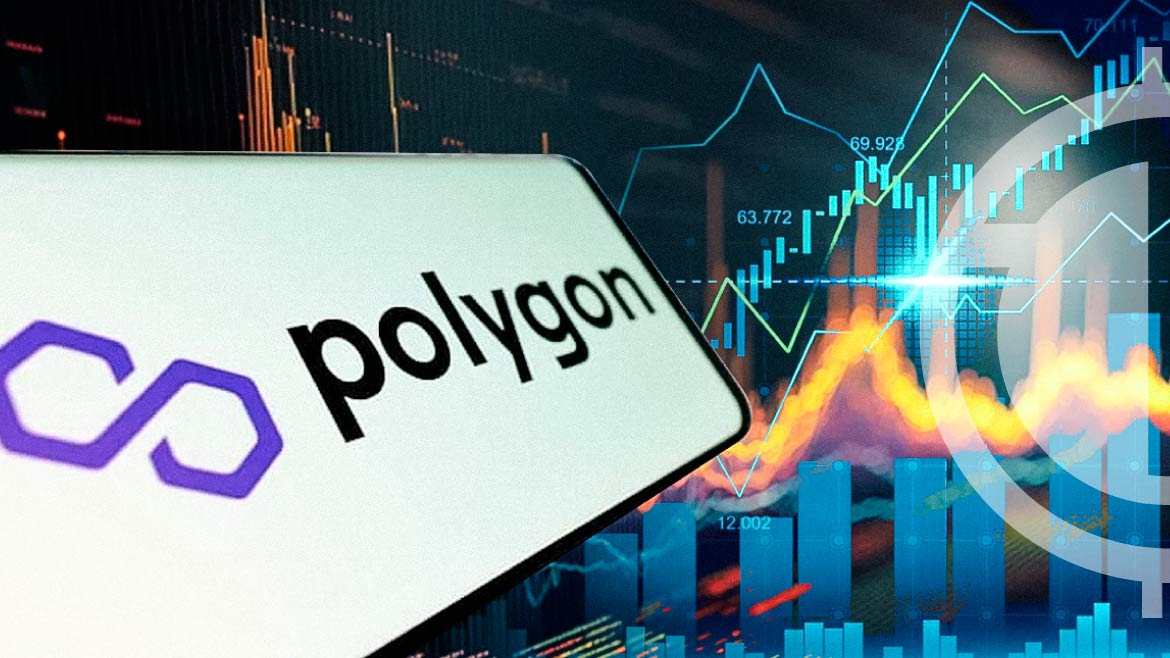
In an innovative move, banking giant HSBC has entered the dynamic field of digital identity technologies, adopting 0xPolygonID to enhance the online identity verification process. During the high-profile Hong Kong FinTech Week, HSBC Lab’s Head Ben Chodroff showcased a prototype of a Decentralized Identity (DID) solution designed to address the cumbersome and privacy-laden methods currently in use.
As tweeted by Colin Butler a prominent blockchain figure, HSBC, recognized as one of the most substantial banks globally by total assets, has partnered with 0xPolygonID. This initiative is set to revolutionize the cumbersome, repetitive, and often unsecure process of online identity verification, propelling the banking industry towards a more efficient and secure digital future.
The powers that be embracing the powers that can be.@HSBC, one of the largest banks in the world by total assets, using @0xPolygonID to solve for the slow, repetitive, unsecure pain of proving identity online.https://t.co/TYMyfzMIGx
— Colin Butler (@RealCryptoColin) November 3, 2023
The integration of DID through Polygon ID brings forth a unified and secure digital identity for consumers. This technology grants users the autonomy to manage their personal information and selectively disclose it across various platforms and transactions. Polygon ID harnesses the power of cryptographic proofs, including zero-knowledge proofs, to facilitate the secure exchange of verifiable credentials.
Moreover, the DID solution by HSBC Labs is set to revolutionize internal account opening processes. It enables the creation of a verified credential post-KYC, which can then be employed for diverse banking operations. The concept extends to encompass various identity issuers, such as government bodies and financial institutions, converging into a single identity wallet for the user.
Significantly, this move could position HSBC as a leader in digital identity security, potentially reshaping consumer experiences in financial services. Additionally, the market has responded to Polygon’s involvement with HSBC, evidenced by a 1.78% uptick in the price of Polygon’s native token, MATIC, within 24 hours, and a 7.91% increase over the previous week, currently trading $0.673517.
The 4-hour Relative Strength Index (RSI) of Polygon stands at 59.17, indicating a moderate bullish momentum in the market. The current price movements in relation to the Exponential Moving Averages (EMA) show both the 50 EMA and 200 EMA at 0.59205. Meanwhile, the 100 EMA is noted to be slightly higher at 0.61834, indicating a recent uptrend in Polygon’s value.
Hence, this strategic partnership not only paves the way for enhanced security and efficiency in digital identity verification but also signals confidence in the use of blockchain technology within major financial institutions. HSBC’s venture into decentralized identity verification using Polygon ID could represent a crucial advancement for the banking sector as a whole.














